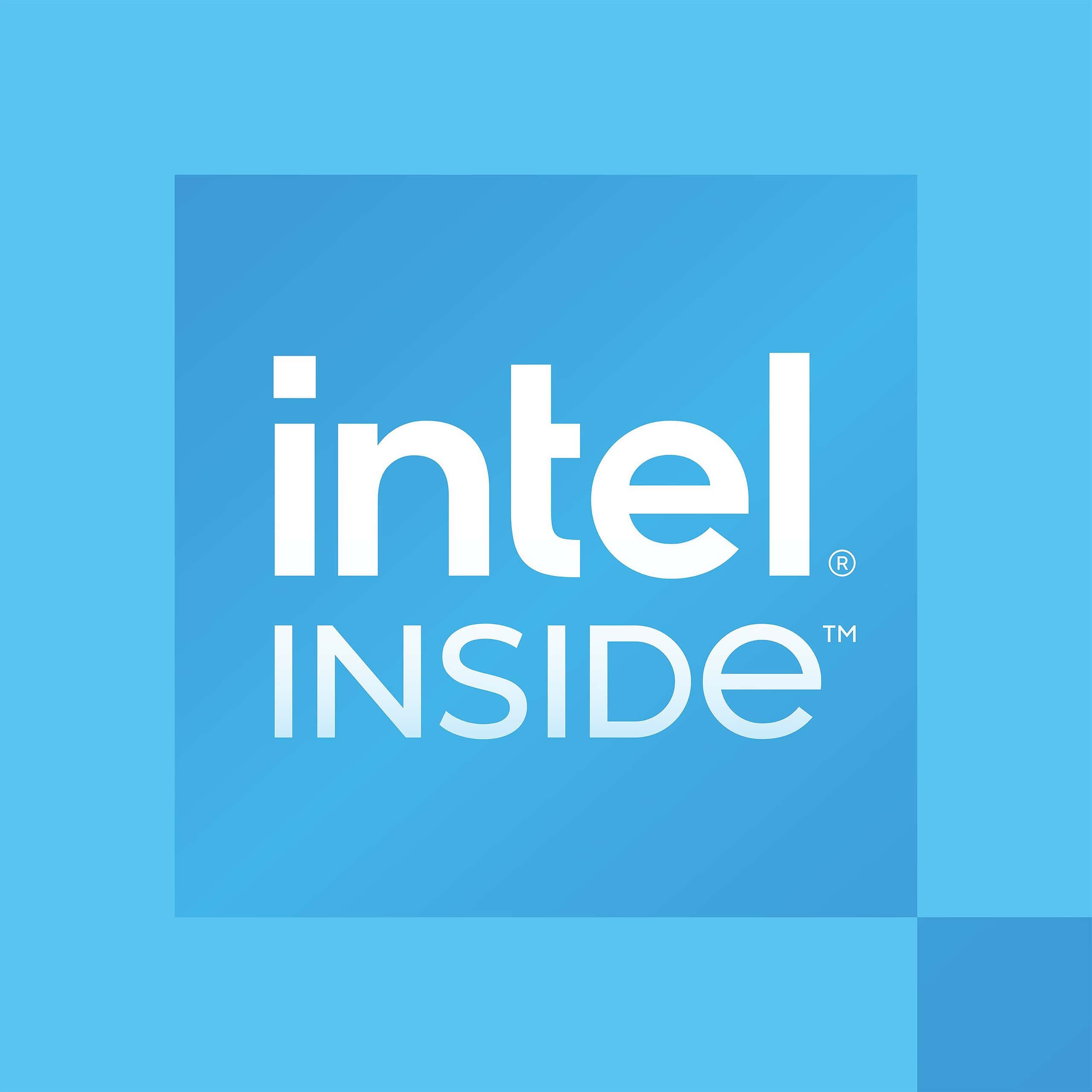Pentium and Celeron are dead, long live Intel Processor
2 min. read
Updated on
Read our disclosure page to find out how can you help MSPoweruser sustain the editorial team Read more

The days are gone when you could buy cheap Windows PC or Chromebooks based on Intel Pentium and Celeron processors. Intel has officially announced that it is replacing Intel Celeron and Intel Pentium branding with just Intel Processor, effective from 2023. It means all the budget and low-cost notebooks coming out next year will have Intel Processor inside them instead of Celeron or Pentium.
“Whether for work or play, the importance of the PC has only become more apparent as the torrid pace of technological development continues to shape the world. Intel is committed to driving innovation to benefit users, and our entry-level processor families have been crucial for raising the PC standard across all price points. The new Intel Processor branding will simplify our offerings so users can focus on choosing the right processor for their needs,” Josh Newman, Intel vice president and interim general manager of Mobile Client Platforms, explains.
The new Intel Processor branding is more to do with simplifying the company’s offerings for cheap notebooks and less to do with any boost to the performance. Intel said that it would continue to deliver the same products and benefits within segments. Now that the chip maker has streamlined its brand architecture, it will “sharpen its focus” on its flagship brands, including Intel Core, Intel Evo, and Intel vPro.
Intel Pentium branding was initially launched for high-end desktop PCs about 30 years ago. But in a major branding revamp, Microsoft introduced Intel Core for flagship devices in 2006, relegating Pentium branding to budget-friendly devices. Five years after the launch of Pentium, Intel launched Celeron, designed to power low-cost PCs.
Bringing Celeron and Pentium under one branding could potentially make things more difficult for the end users unless Intel offers something to make the distinction between a low-cost and a budget computer. Hopefully, more details about that will be out sooner rather than later.








User forum
0 messages